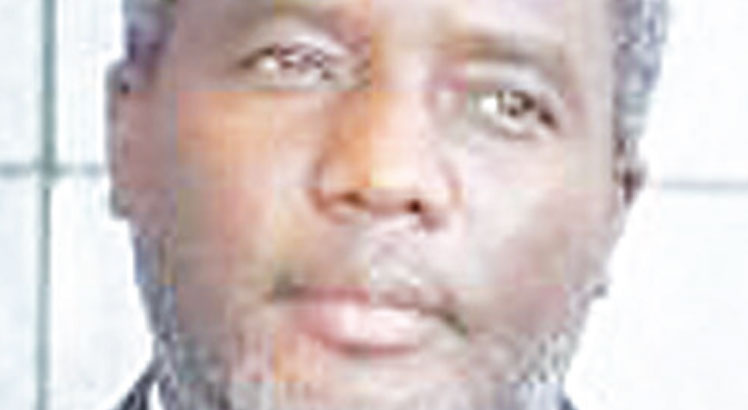Law Society triumphs in Chizuma case
The Malawi Law Society (MLS) has won a judicial review case of the interdiction of Anti-Corruption Bureau (ACB) director general Martha Chizuma over a leaked audio.
High Court judge Mike Tembo, in his judgement made on May 5 2023, agreed with the lawyers’ body that the power to suspend or interdict the ACB boss was vested in the country’s President and is exercisable only in the public interest.
He said it was, therefore, unlawful for Secretary to the President and Cabinet (SPC) Colleen Zamba to suspend or interdict Chizuma. As such, her decision was null and void for illegality due to overstepping of authority.
Government, through Zamba, interdicted Chizuma on January 31 2023 on the basis that she was facing criminal defamation charges for sharing inside information on an investigation with a third party.
In the leaked audio which Chizuma owned up, she attacked politicians, some judges in the Judiciary, the clergy, civil society members and some lawyers that they were corrupt and not helping on the corruption case of businessperson Zunneth Sattar.

The MLS judicial review case followed Chizuma’s arrest by the police and subsequent release on December 6 2022 for the leaked audio.
However, in an unusual lawsuit, MLS took to court police prosecutor Levison Mangani, Lilongwe Chief Resident Magistrate (CRM) and SPC, the country’s top civil servant, who issued the interdiction order, for redress.
In the case, Mangani was the 1st defendant, Lilongwe CRM 2nd defendant while SPC was the third defendant.
The State, represented by private practice lawyer Chancy Gondwe, filed an objection and sought dismissal of the whole matter arguing it was academic and an abuse of the court process as by then the interdiction order had already been withdrawn in its entirety.
Further, Gondwe argued MLS had obtained the permission to apply for judicial review and injunction against the State’s decisions in bad faith as it neither filed nor served the substantive application for judicial review to support the permission and interlocutory injunction earlier obtained.
He also asserted they had noted MLS was abusing the court process by pursuing the matter for academic purposes and that the society was seeking a gratuitous opinion of the court on a matter that was already settled.
However, MLS argued it was clear the discontinuous, and in the circumstances, the criminal proceeding against the ACB boss and the accompanying interdiction order, was capable of repetition.
But Tembo proceeded to hear the judicial review after MLS argued that the discontinuous of the criminal proceedings against Chizuma did not preclude the recommencement of the said proceedings.
In his ruling, Tembo observed that MLS had properly commenced judicial review proceedings before to which the defendant was duty-bound to file a defence upon being served, which they never did.
“The defendants cannot, therefore, argue that there is no judicial review application before this court,” reads part of the Commercial Division over delayed cases, the Judiciary protested.
According to Mpaka, registrar of Malawi Supreme Court of Appeal and the High Court of Malawi Kondwani Banda wrote MLS disapproving the move describing it as “interference with the independence of the Judiciary”.
Legal expert Justin Dzonzi, who is also executive director of Justice Links, says the steps taken will ensure that the financial crimes matters are put under appropriate jurisdiction and allow the judging judge to exercise oversight in handling the matters.
In an interview on Wednesday, Dzonzi also hailed the directive that all financial crimes matters which are not too advanced should all relapse to the Financial and Economic Crimes Court, saying it will ensure a level of specialisation for the assigned judge.
Said Dzonzi: “I hope by taking this stance we are going to help with movement of the cases particularly with respect to corruption cases, and I hope that this assist in speeding up such matters.”
He also explained that by splitting the handling of the cases, the CJ wants to ensure that cases cases before the magistrate’s courts have been left there, arguing that if all such cases from the magistrate’s courts were moved to the Financial and Economic Crimes Court, then the court would be choked from the word go.
MLS has previously reported that some cases, especially in the Industrial Relations Court, have taken over a decade to be dealt with and that in some cases, claimants or witnesses died before seeing justice.
Minister of Justice Titus Mvalo earlier admitted that delays in concluding financial crimes cases have been due to having the same court trying other corruption cases, creating so much work for judges.





